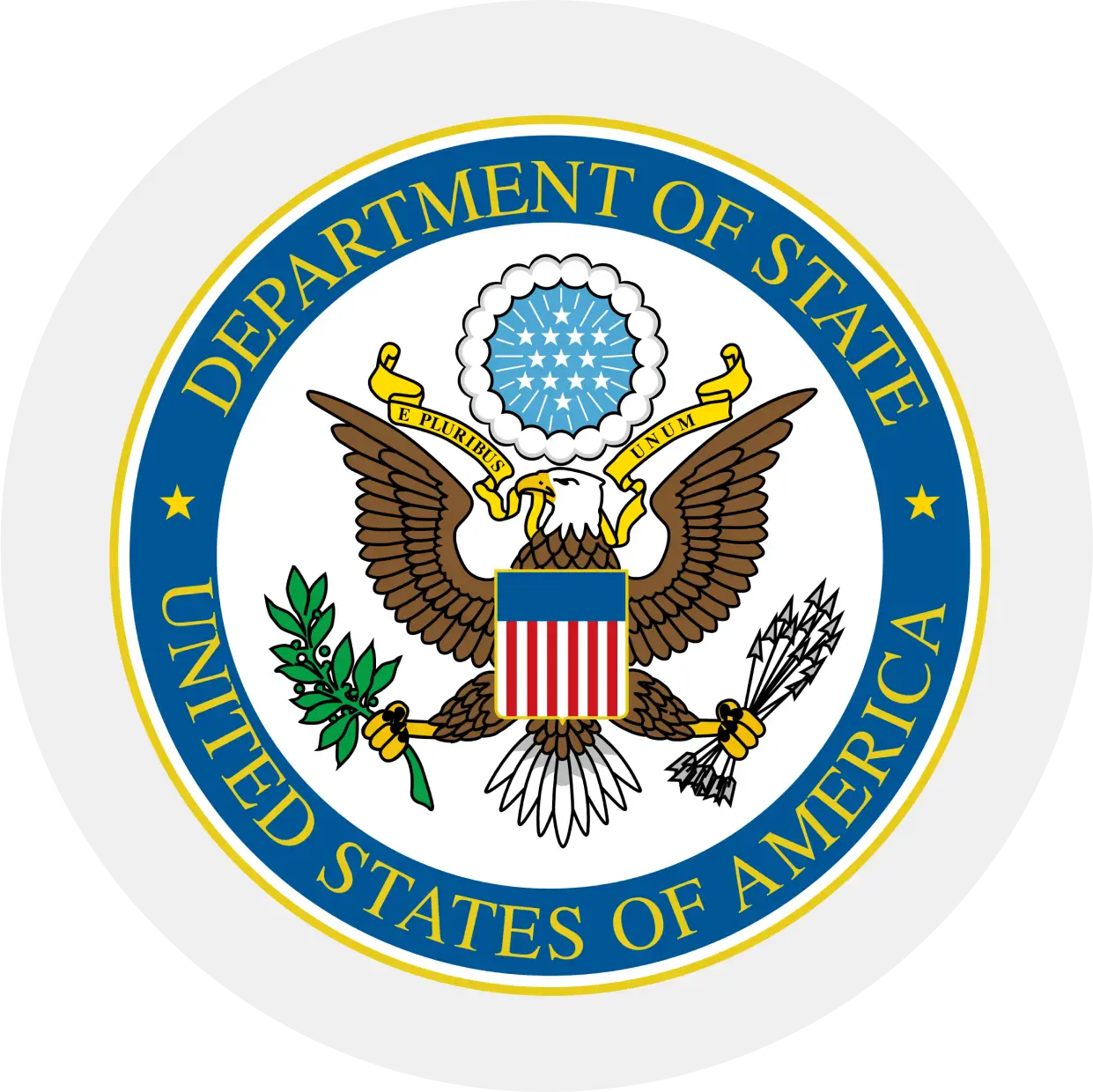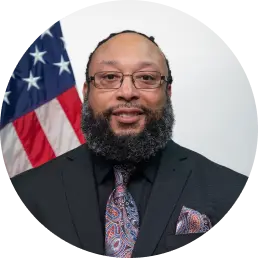About State
The U.S. Department of State is on the frontlines of global diplomacy, and our diplomatic mission demands the ability to leverage the upsides of new technologies while mitigating their risks. Recent years have revealed both the power and peril of technology, from captivating innovations like large language models to devastating ransomware attacks on hospitals and cities.
Challenges the Department of State faces are not going anywhere, and neither is the ever-present tug of war between security and innovation. This is why the Bureau of Diplomatic Security’s Office of Technology Innovation and Engineering (TIE) seeks to strike a balance between these two imperatives. TIE includes two divisions: Emerging Technologies and Facility Technologies. Jointly, these divisions tackle a broad range of challenges, from innovating ways to securely adopt technologies like augmented reality to auditing the cybersecurity of the Department’s 200+ global facilities. These challenges are not easy; technological solutions must uphold the security of sensitive information while serving an array of users as diverse as the world we inhabit – from seasoned diplomats and security experts to consular professionals and custodians.
The challenge
One concrete challenge that TIE faces is American diplomats’ need to access messaging applications in areas of embassies and consulates where cellphones are prohibited. Our diplomats must be able to communicate securely with their counterparts in the countries in which they are based. People in different countries rely on varying platforms like WhatsApp and Signal among a dizzying array of messaging services that are traditionally accessed using cellphones. However, phones are prohibited in secure areas of embassies and consulates, requiring diplomats to run in and out of those areas just to check for new messages—a major inconvenience that lowers productivity and poses safety risks.
Another challenge that diplomats face while working overseas is obtaining fast, reliable, and cost-effective internet access. One Department Fellow visited an embassy where hundreds of devices had to share an unreliable 10-megabit internet connection, costing over $10,000 per month (for comparison, an American internet vendor offers a connection 200 times faster for one percent of that price!). Given how essential internet access is to modern work, expensive, unreliable internet saps budgets, productivity, and morale.
The approach
U.S. Digital Corps (USDC) Fellows assigned to TIE’s Emerging Technologies and Facility Technologies Divisions work with stakeholders throughout the Department of State. In coordination with the Bureau of Information Resource Management, the Fellows proposed a solution to enable secure messaging that will soon expand to thousands of users worldwide. Using a cloud computer, American diplomats participating in the pilot can access their messaging apps in an environment safely isolated from the Department’s main network. The pilot is allowing American diplomats to keep their heads in the game of diplomacy while staying productive, connected and secure.
With support from USDC Fellows, TIE and the Department of State are also exploring additional means of communication for overseas facilities, where we face challenges ranging from austere environments to bat guano. By leveraging emerging technologies like satellite internet, Li-Fi, and edge computing, USDC Fellows are helping the Department of State protect its personnel, facilities, and data from ever-evolving threats. They are facilitating secure, responsive, and connected diplomacy so the Department’s star resource—its people—can continue to solve the globalized challenges of our time.
digitalcorps.gsa.gov
An official website of GSA’s Technology Transformation Services





